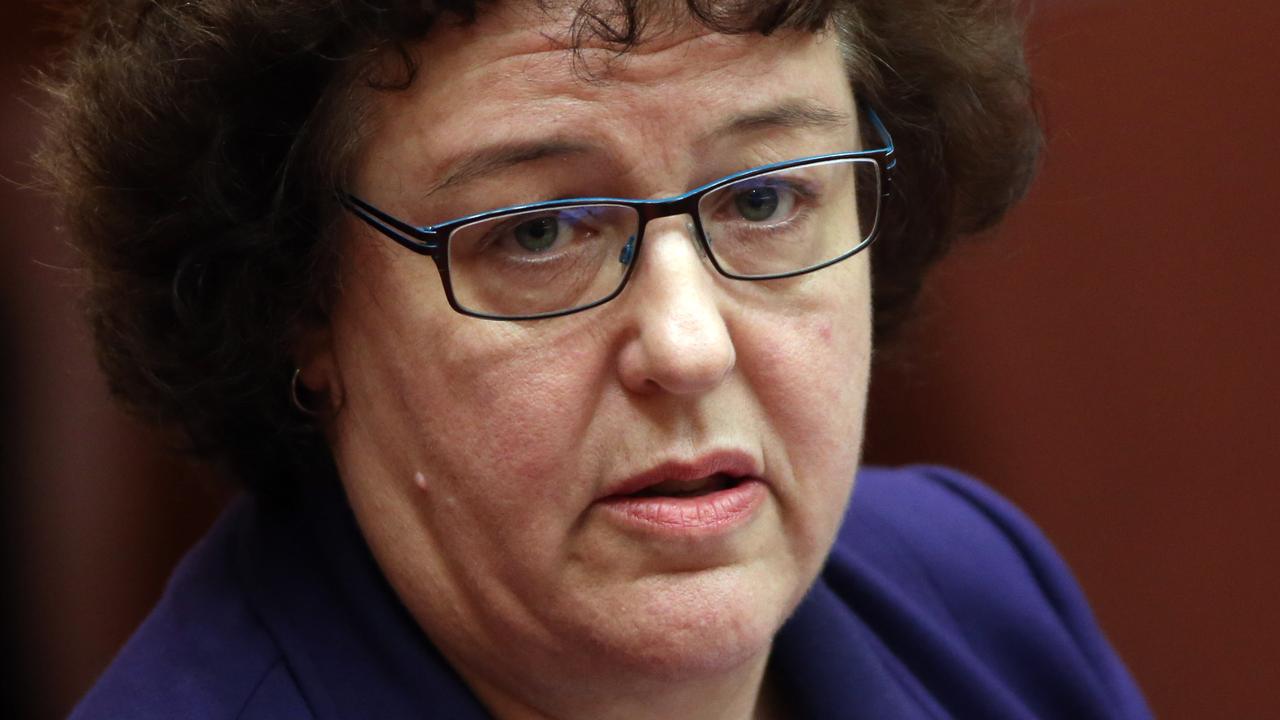Old-school learning best: Christopher Pyne
SCHOOL education under a Coalition government would focus on improving knowledge rather than training in skills.
SCHOOL education under a Coalition government would focus on improving the knowledge of students rather than training children in sets of skills that could become obsolete.
In a speech tonight to the Australian Mathematical Sciences Institute forum in Canberra, opposition education spokesman Christopher Pyne will argue that a quality education system comprises more than "similar outcomes for all students" in meeting basic standards in literacy and numeracy.
"While this is important, I believe education serves a much greater purpose," Mr Pyne's speech says. "I don't see schooling as an opportunity to gain a set of skills. Gaining knowledge and gaining the ability to continue to learn is the pre-eminent purpose of education."
In the speech, Mr Pyne sets out 10 principles underpinning the Coalition's approach to funding schools, which cover choice, a quality education, increasing school autonomy, fair and transparent funding based on the needs of students, and incentives for schools to raise and save money.
The speech comes in the lead-up to the release of the report by the independent review of school funding led by businessman David Gonski, expected in the next two weeks.
Speaking to The Australian ahead of the speech, Mr Pyne said it was "terribly unfashionable" to talk about a knowledge-based education, but the danger of the focus on learning skills limited students' options later in life.
"There has been a shift over the past several decades in schools from gaining knowledge to use for the rest of their lives into training children in a set of skills, which may or may not remain relevant for the rest of their lives. You have to teach kids about things, not just how to do things," Mr Pyne said.
"The problem with a skills-based education is it doesn't allow people the flexibility they need to change profession as skills change, whereas if they have a knowledge-based education they can turn their hand to anything in their lives."
Mr Pyne criticised the strong emphasis on vocational education and training at a very early stage in school as mitigating against an education centred on gaining knowledge, as did the heavily prescriptive national curriculum.
One of the goals of the national curriculum is to equip students with 21st-century skills, which will be taught through seven general capabilities that range from literacy, numeracy and information and communication technology to critical and creative thinking, ethical behaviour and personal and social capability.
"One of the dangers of the national curriculum is its prescriptive approach that presumes you can teach skills to students rather than simply enhance their knowledge," he said.
"Skills come from applying knowledge. Creativity comes from learning a panoply of different subjects based around the same disciplines that have been taught for hundreds of years like maths, science, the classics, language. You don't learn creativity as a skill in a subject called creativity."
The Coalition's 10 principles on school funding
1. Families must have the right to choose a school that meets their needs, values and beliefs.
2. All children must have the opportunity to secure a quality education.
3. Student funding needs to be based on fair, objective, and transparent criteria distributed according to socioeconomic need.
4. Students with similar needs must be treated comparably throughout the course of their schooling.
5. As many decisions as possible should be made locally by parents, communities, principals, teachers, schools and school systems.
6. Schools, school sectors and school systems must be accountable to their community, families and students.
7. Every Australian students must be entitled to a basic grant from the commonwealth government.
8. Schools and parents must have a high degree of certainty about school funding so they can effectively plan for the future.
9. Parents who wish to make a private contribution toward the cost of their child's education should not be penalised, nor should schools in their efforts to fundraise and encourage private investment.
10. Funding arrangements must be simple so schools are able to direct funding toward education outcomes, minimise administration costs and increase productivity and quality


